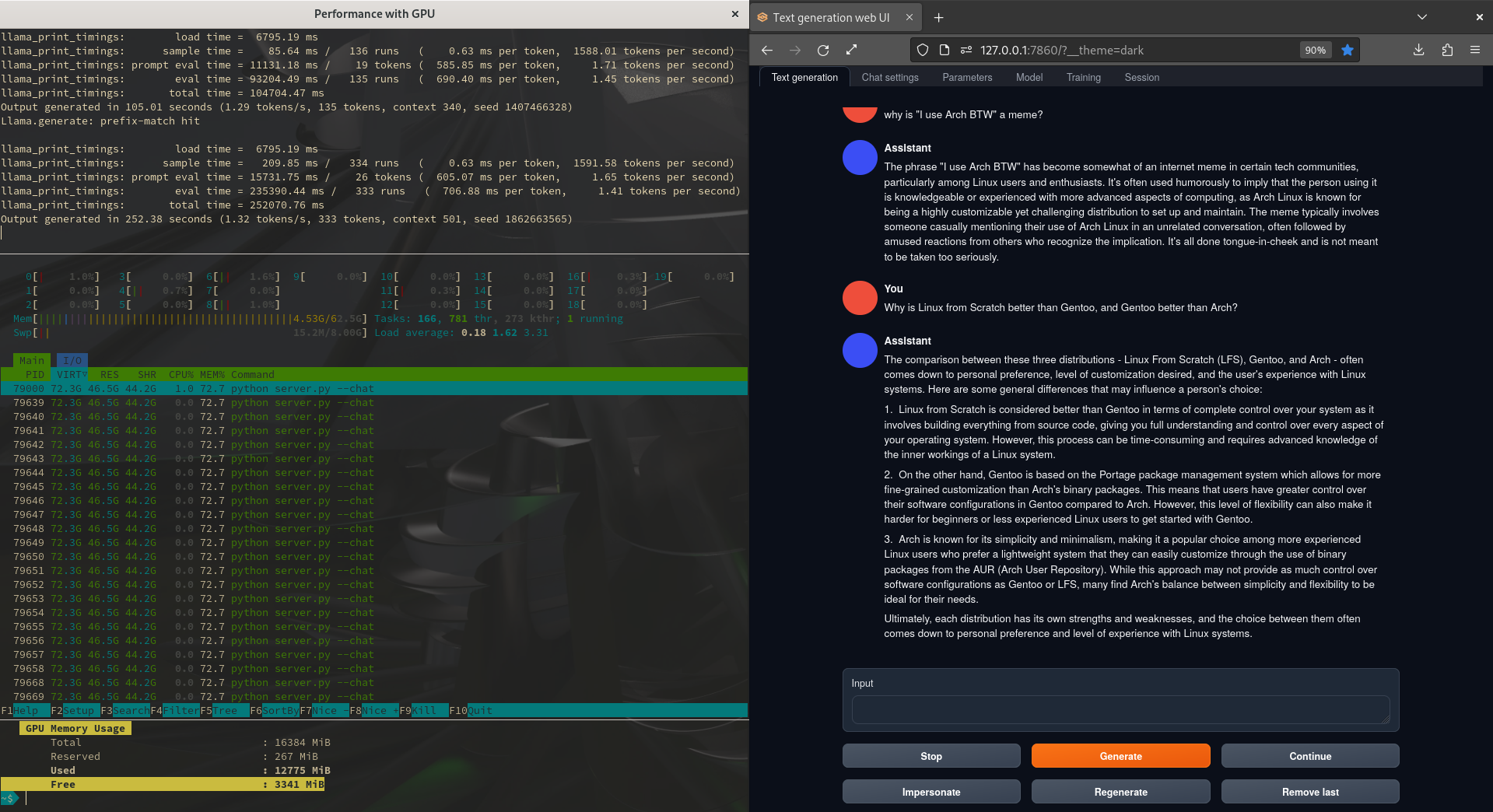

Multi threading is parallelism and is poised to scale to a similar factor, the primary issue is simply getting tensors in and out of the ALU. Good enough is the engineering game. Having massive chunks of silicon laying around without use are a mach more serious problem. At the present, the choke point is not the parallelism of the math but actually the L2 to L1 bus width and cycle timing. The ALU can handle the issue. The AVX instruction set is capable of loading 512 bit wide words in a single instruction, the problem is just getting these in and out in larger volume.
I speculate that the only reason this has not been done already is because pretty much because of the marketability of single thread speeds. Present thread speeds are insane and well into the radio realm of black magic bearded nude virgins wizardry. I don’t think it is possible to make these bus widths wider and maintain the thread speeds because it has too many LCR consequences. I mean, at around 5 GHz the concept of wire connections and gaps as insulators is a fallacy when capacitive coupling can make connections across all small gaps.
Personally, I think this is a problem that will take on a whole new architectural solution. It is anyone’s game unlike any other time since the late 1970’s. It will likely be the beginning of the real RISC-V age and the death of x86. We are presently at the age of the 20+ thread CPU. If a redesign can make a 50-500 logical core CPU slower for single thread speeds but capable of all workloads, I think it will dominate easily. Choosing the appropriate CPU model will become much more relevant.


Not for potato supreme. I’m sure labels and sony bought vacations for those sub human coup supporting shits